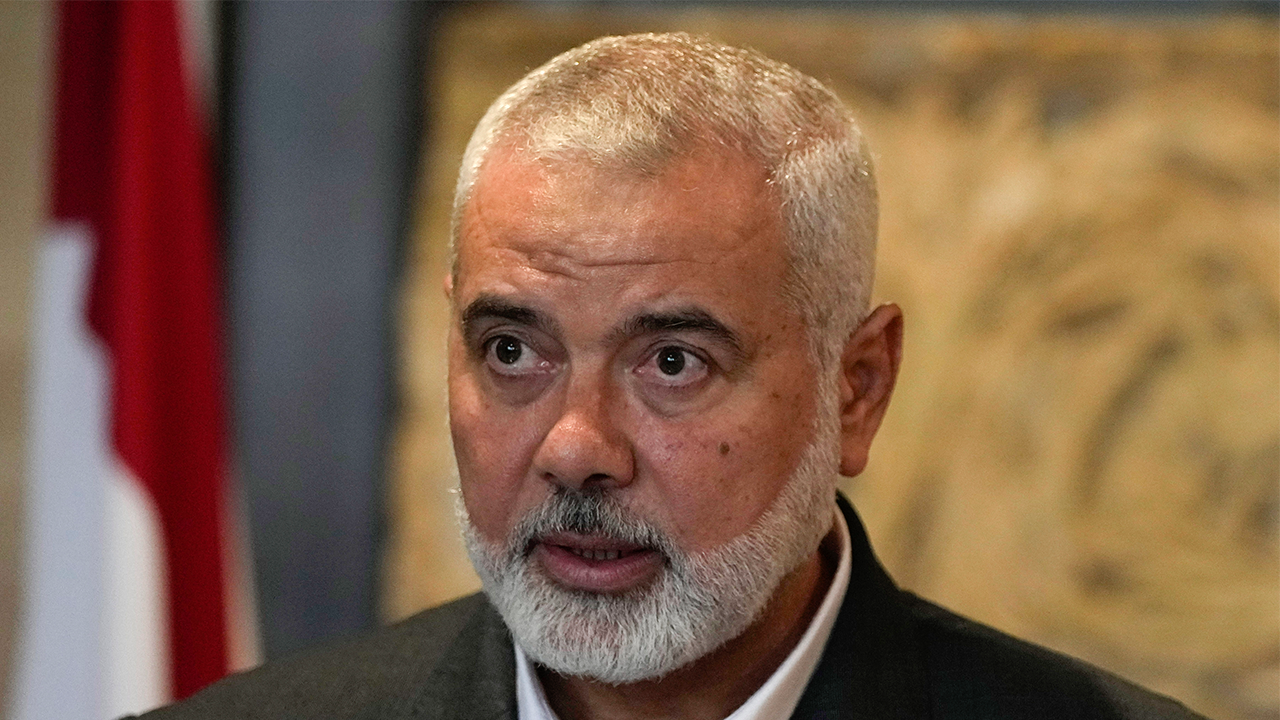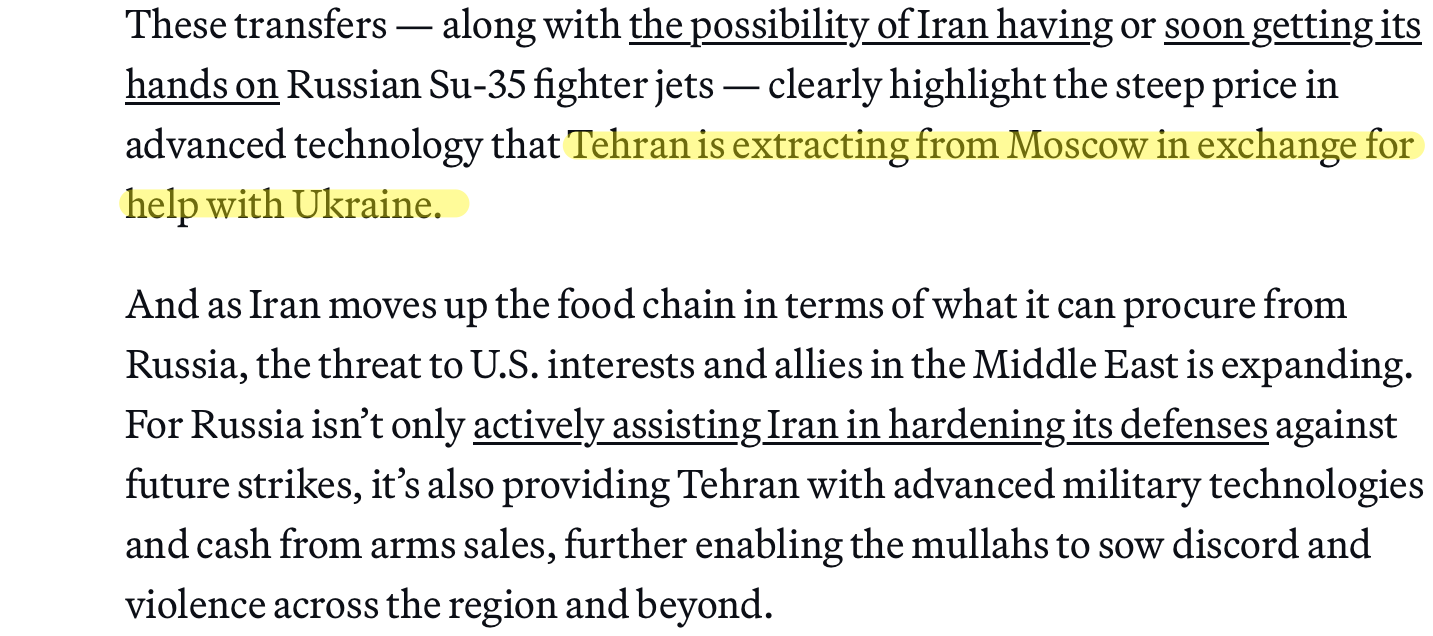

Over in the Middle East, the good news yesterday was that war did not break out and Iran did not attack Israel. The AP ran a curiously suggestive headline on the mounting pressure headlined, “
Analysis: High-wire diplomacy on possible Iran retaliation in the Israel-Hamas war draws in world.” In Biblical terms, you might say Jerusalem has become a stumbling stone for the world.

The catalog of countries involved in what the AP called a “high-wire act of diplomacy” is too long to list. All the major powers have been sucked into a vortex of looming disaster hovering over Israel: China, Russia, the United States, Great Britain, France, and Germany. And, of course, all the neighboring regional countries are (necessarily) involved, like Turkey, Saudi Arabia, Jordan, Syria, Lebanon, Iraq, Egypt, Yemen, and all the rest. And because of those countries’ other alliances, most of the rest of the world is either directly or indirectly involved, too.
The dispute is not localized to the area around the Red Sea and the Straights of Hormuz. On Monday,
the Washington Post ran a story revealing the conflict’s astonishing reach across the ocean, landing right on the Democrats’ own doorstep, like a paper bag filled with something nasty:

It’s giving the Democrats a migraine. Everyone is waiting breathlessly to see how they handle this potentially explosive intra-party conflict between the supporters of Israel (the
party platform) and the supporters of Palestine. The issue could easily affect the U.S election, if it leads to a party rift.
In other words, the Iran-Israel dispute really has become a
global conflict. It’s ubiquitous. It’s affecting everyone. And it’s
super hard to deal with.

This morning, I’m not as interested in the conflict’s potential to provoke a World War, which obviously remains a clear and everpresent danger. Nor am I looking (or qualified) to place blame, a mystifying and confusing exercise at best.
What has impressed me most about this story is the
historic nature of events.
The nature of this conflict, with its far-reaching effects on international diplomacy, energy markets, and global security, makes it an unprecedented historic moment. Unlike past conflicts, the current clash could reconfigure alliances and influence geopolitics in profound and unexpected ways, making it far more than some regional issue, but an issue of serious global concern.
Thousands of years ago, the Book of Zechariah predicted Jerusalem would climactically become a "cup of trembling" (or "stumbling”) for the nations. Zechariah forecast the Jewish nation would become an ultimate focal point of global conflict, and a heavy burden for all those who seek to control it.
It could be just a coincidence. Three thousand years ago, Zechariah might just have been riffing in religious fervor, or maybe he was high on his own supply of fermented figs. But consider that, until 1948, Israel didn’t even exist as a nation, or even an
idea of a nation. Israel had been wiped off the map for
two thousand years. If Zechariah was guessing, that was a pretty good guess.
Or maybe I’m just seeing things, applying a modern, post-hoc rationale to the ancient text. Either way, it’s interesting. Let me know what you think in the comments.
Politico notices Musk wins vs EU; Tucker interview reframes Watergate; AP makes accidental observation of Biblical proportions; pressured Olympic Committee pulls the plug on controversial sport; more.

www.coffeeandcovid.com


www.foxnews.com
















